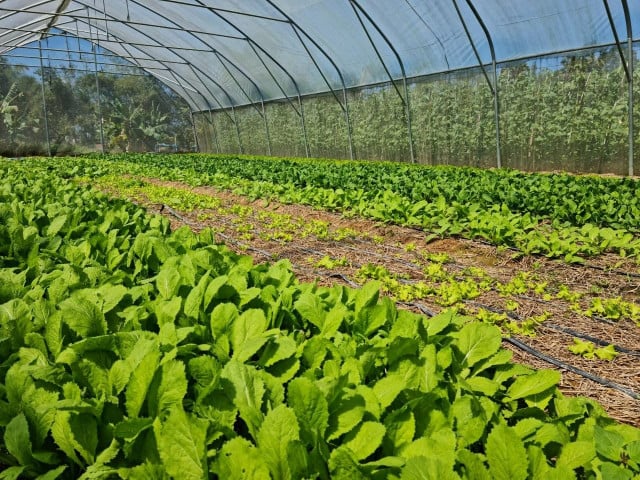Getting More People with Diplomas in the Agriculture Sector

- By Cambodianess
- January 23, 2022 12:21 PM
Everything but farmer. Recently quoted in the media, a woman in charge of a teachers’ association was mentioning that the new high school graduates were showing little interest in higher education for careers in agriculture.
Having to work too hard for too low revenues, she was suggesting as an explanation. Most young people would rather study to become medical doctors, designers or marketing executives than agricultural technicians. City rather countryside.
While according to the US Agency for International Development (USAID), 80 percent of the population live in rural areas and 65 percent depend on agriculture, fishing and sylviculture for their subsistence, farmers’ revenues remain low especially because they face competition from imported products. And yet, points out USAID, “[a]griculture has the potential to be an engine for economic growth and food security in Cambodia.” But, the agency added, “the country must improve its production and post-harvest infrastructure, streamline the business environment, and increase capacity for financial services to reach rural entrepreneurs.”
But, in order to meet the first of these three challenges, the country needs agricultural technicians on the ground in the fields and in the processing and packaging plants.
In late 2021, the Confirel company, which produces and sells on the retail market raw and processed products produced from bio palm sugar and Kampot pepper, won the National Entrepreneurship Contest 2021. This award was intended to recognize its approach, which consists of adding value to local products through innovation and putting on the market premium finished products that are competitive on the international market and, finally, to contribute to improving farmers’ revenues.
The success of this approach requires of course engineers in the research and development departments and testing laboratories, marketing managers and sales engineers.
But this also requires in the plantations, in the field, qualified technicians who perfectly master the use of natural additives, the use of up-to-date and sophisticated production tools. Otherwise, productivity, quality and, finally, competitiveness will not be achieved.
For this to happen, businesses in the agricultural world have no choice but to invest in human resources, especially by offering attractive incomes to young graduates who are willing to stay in the countryside.















